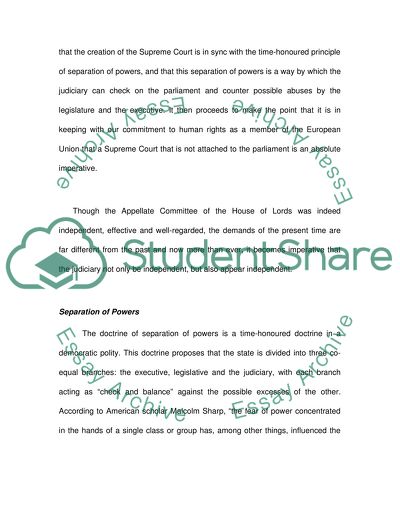Cite this document
(“Legal System: The New Supreme Court of the United Kingdom Essay”, n.d.)
Legal System: The New Supreme Court of the United Kingdom Essay. Retrieved from https://studentshare.org/law/1441152-legal-system-coursework
Legal System: The New Supreme Court of the United Kingdom Essay. Retrieved from https://studentshare.org/law/1441152-legal-system-coursework
(Legal System: The New Supreme Court of the United Kingdom Essay)
Legal System: The New Supreme Court of the United Kingdom Essay. https://studentshare.org/law/1441152-legal-system-coursework.
Legal System: The New Supreme Court of the United Kingdom Essay. https://studentshare.org/law/1441152-legal-system-coursework.
“Legal System: The New Supreme Court of the United Kingdom Essay”, n.d. https://studentshare.org/law/1441152-legal-system-coursework.


